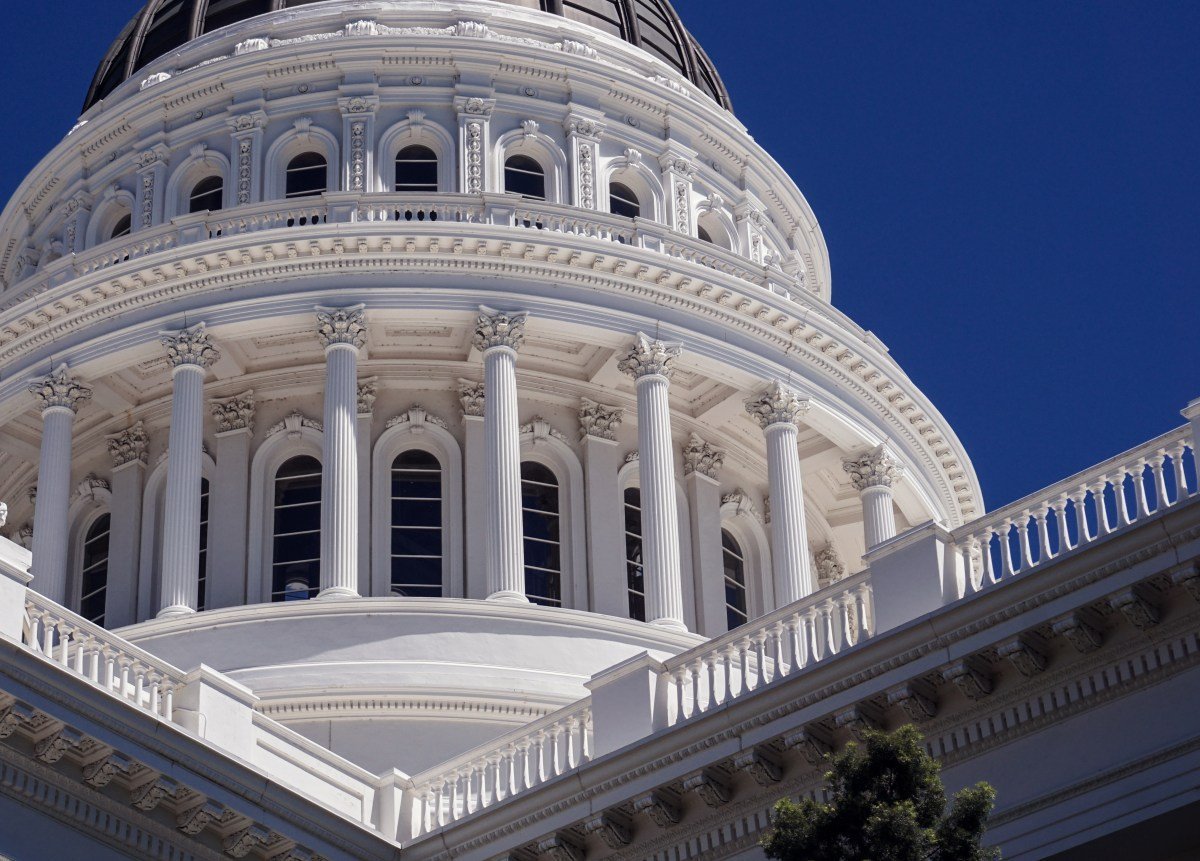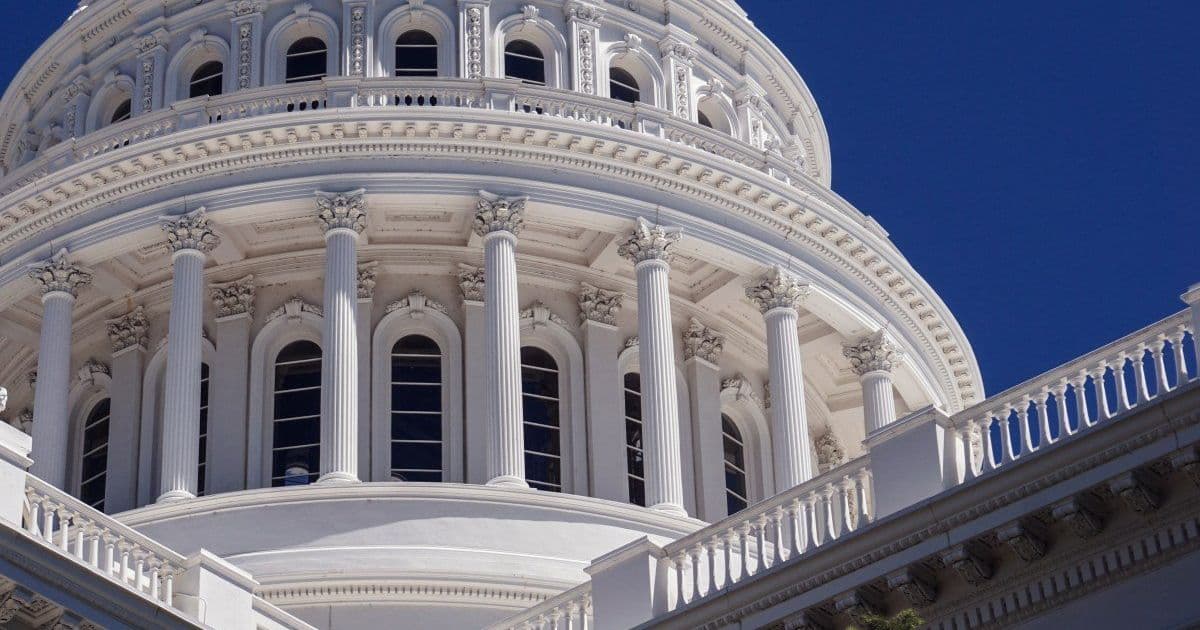California's state senate has approved SB 53, a revised AI safety bill targeting companies with over $500 million in revenue, mandating safety reports, incident disclosures, and whistleblower protections. Endorsed by Anthropic and designed to avoid burdening startups, this legislation could become law and set a precedent for state-level checks on AI power. Amid stalled federal regulation, SB 53 represents a strategic pivot in the battle to govern rapidly advancing AI technologies.

California is once again stepping into the AI regulation fray with SB 53, a newly approved bill now awaiting Governor Gavin Newsom's signature. This legislation—narrower than last year's vetoed SB 1047—specifically targets AI giants like OpenAI and Google DeepMind, mandating transparency and accountability for models developed by firms with annual revenues exceeding $500 million. The move comes as federal efforts stall, placing California at the forefront of a contentious debate over how to rein in AI's risks without stifling innovation.
The Anatomy of SB 53: Safety Reports, Whistleblower Protections, and Carve-Outs
SB 53 imposes three core requirements on covered AI developers:
- Mandatory Safety Reports: Companies must publish detailed assessments of their models' potential risks, including misuse scenarios and mitigation strategies.
- Incident Disclosure: Any "significant breach or failure" related to AI systems must be reported to a new state oversight body.
- Employee Whistleblower Channels: Workers can voice safety concerns to authorities without fear of corporate retaliation, circumventing typical NDA barriers.
Crucially, the bill exempts smaller startups—a deliberate retreat from last year's broader SB 1047, which faced criticism for potentially hampering emerging tech firms. As TechCrunch's Max Zeff noted in the Equity podcast discussion, this focus makes SB 53 more politically viable:
"This really tries to target OpenAI, Google DeepMind, these big companies and not your run-of-the-mill startup. It’s a potentially meaningful check on tech companies’ power, something we haven’t really had for the last couple of decades."
Why State-Level Action Matters in the AI Gold Rush
With major AI players like Anthropic backing SB 53, the bill highlights California's outsized influence as the epicenter of AI development. Kirsten Korosec, also on the Equity podcast, emphasized the state's strategic role:
"Every major AI company is pretty much, if not based here, it has a major footprint in this state... it does matter that it’s specifically California because it’s really a hub of AI activity."
The legislation arrives amid a vacuum in federal oversight. Recent federal proposals have leaned toward deregulation, even including language in funding bills to preempt state-level AI rules—a potential flashpoint if SB 53 becomes law. This sets the stage for clashes between state and federal authorities, especially under an administration opposing stringent tech governance.
Beyond Compliance: Implications for Developers and the Industry
For engineers and tech leaders, SB 53 could reshape operational norms:
- Big Tech Burden: Large firms may need dedicated teams for compliance, increasing overhead but potentially standardizing safety practices industry-wide.
- Startup Shield: By exempting smaller players, California aims to preserve its innovation ecosystem—though startups still face lighter reporting requirements.
- Global Ripple Effects: Similar to GDPR or California’s privacy laws, SB 53 might inspire other states or countries to adopt comparable frameworks, forcing multinationals to adapt.
As Newsom weighs his decision, SB 53 underscores a pivotal truth: In the absence of coherent national policy, states are becoming laboratories for AI governance. Whether this bill becomes law or not, its existence signals a growing insistence that even the most powerful tech innovators must build guardrails alongside breakthroughs—before society pays the price for their absence.
Source: TechCrunch, featuring analysis from the Equity podcast episode with Max Zeff and Kirsten Korosec.

Comments
Please log in or register to join the discussion